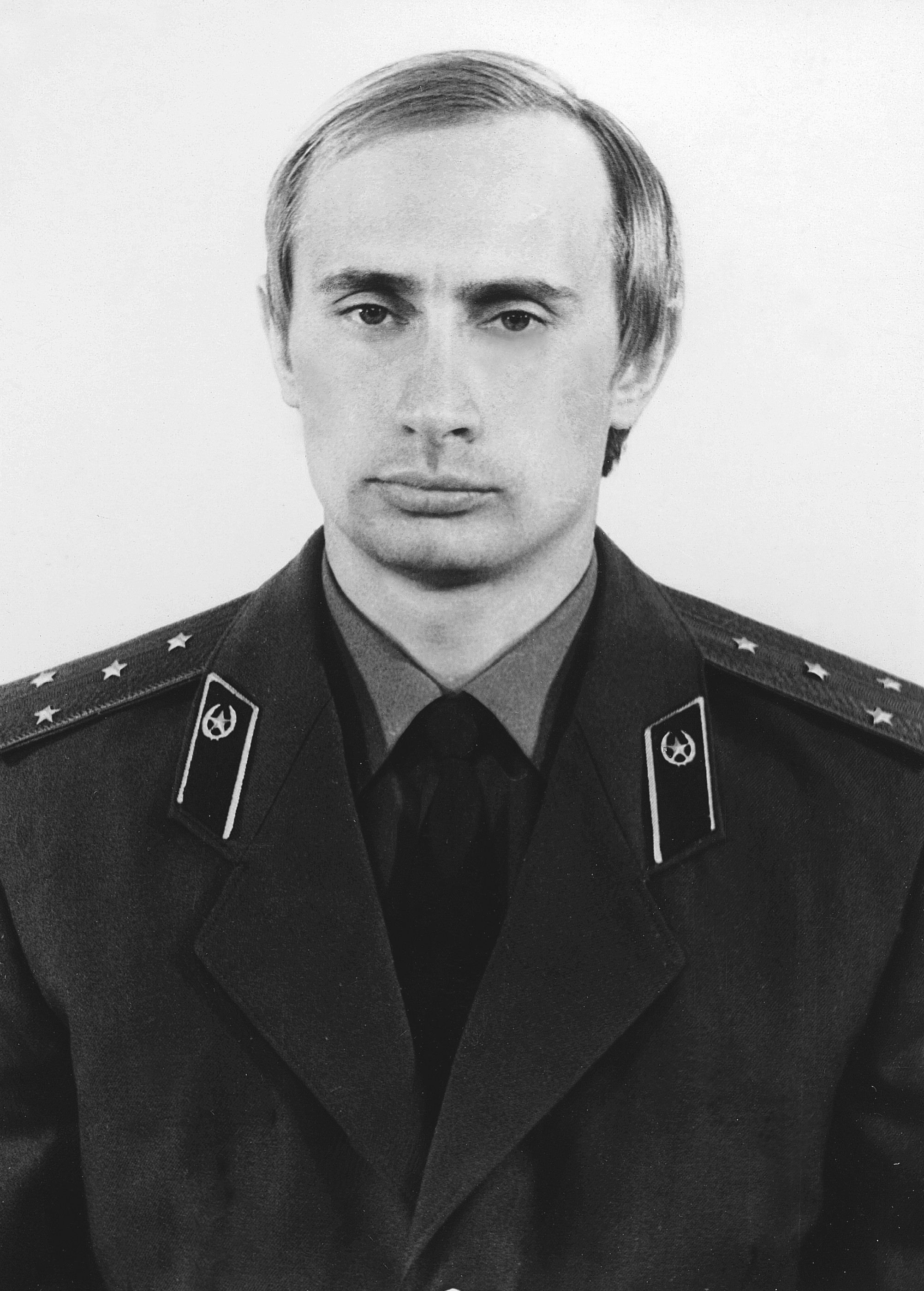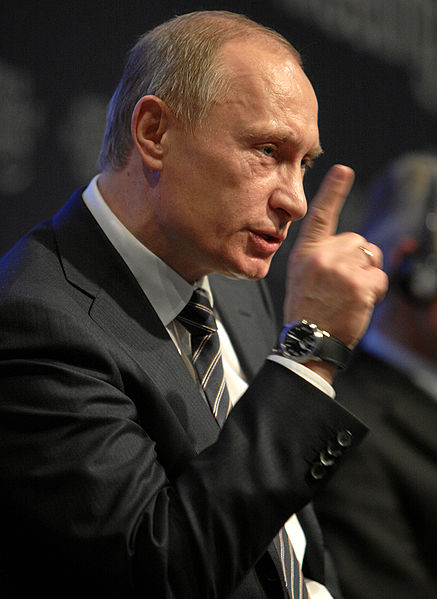| ||||
-----------
Putin: His Rise to Power
Vladimir Vladimirovich Putin has led a life that puts most modern
leaders to shame. He has cultivated a particular image about himself
which includes his interest in the military, the outdoors, hunting and
even jet plane flying. He is an equally loved and hated figure depending
on who you talk to. In Russia, as of January 2012, he holds a 52%
approval rating due to the stability Russia has seen during his
leadership plus the country's fantastic economic improvements which have
benefited a lot of the populace. In turn, more recently Russia has seen
an increase in protests against his reign coupled with allegations of
electoral fraud. Russia's decision to veto UN resolutions attempting to
address the issue in Syria has brought him both derision and support. So
how did the man who has been at the top of Russia's power structure
since 1999 get there?
Putin
was born in the city of Leningrad, now known as Saint Petersburg, on
October 7, 1952. He was born into a modest family with his mother
working as a factory worker and his father a conscript in the Soviet
Navy. The member of the family the most closely related to politics was
his paternal grandfather, Spiridon Ivanovich. He was a cook at times for
both Lenin and Stalin and eventually was employed at a dacha owned by
the Moscow City Committee of the Communist Party of the Soviet Union
where Putin would visit him. His time as a youth was generally
uneventful, but it was during this time he began studying sambo and
judo. Eventually Putin poured over academic text books at
the Leningrad State University. He graduated with a PhD in
international law. It was also during this time that he joined the
Communist Party of the Soviet Union.
Putin's
next step was to join the KGB after graduating in 1975. He took on an
array of different positions. He worked for the First Chief Directorate
where he monitored foreigners and consular officials in Leningrad, he
was stationed in Dresden up until the end of the East German government
and then with the International Affairs department of the Leningrad
State University. Here he monitored the student body and also tried to
seek out suitable recruits. He stayed with the KGB up until the failed
coup by hardline Communist Party members against Mikhail Gorbachev. He
said his decision was because “As soon as the coup began, I immediately
decided which side I was on”.

He
then stepped into politics when he was appointed as an advisor to Mayor
Sobchak of Saint Petersburg. He had a number of positions here
including being the head of the Committee for External Relations and as
first deputy head of the city administration. On top of that he led the
Saint Petersburg branch of the Our Home Is Russia political party and
was the head of the Advisory Board of the JSC newspaper
Sankt-Peterburgskie Vedomosti. For six years he served in Saint
Petersburg in these various capacities until he eventually made the move
to Moscow.

Putin
now begun his steps to the top of the political ladder. After working
for the Presidential Property Management Department he was made deputy
chief of Presidential Staff and chief of the Main Control Directorate of
the Presidential Property Management Department by the then President
Boris Yeltsin. He held other various political positions until he was
appointed head of the Federalnaya Sluzhba Bezopasnosti. From here, Putin
made quick leaps to becoming President. In 1999 he became one of three
First Deputy Prime Minister, which meant he could then be made Prime
Minister due to the sacking of Sergei Stepashin. Putin then declared his
intention to run for President. Despite being a near unknown at first,
he gained a lot of popularity due to his handling of the War in Dagestan
and his approach to the crisis in the North Caucasus. On the 31st of
December, Yeltsin removed himself from the presidency and, by following
the constitution, Putin replaced him. Since then he has essentially run
the country, even despite his presidency being interrupted by
constitutional restrictions forcing him to take up the position of Prime
Minister from 2008 – 2012.
1 comment:
Putin is a mixed bag for every good thing he has done he as done an equally bad thing a 50/50 president.
Frankly I think Russia can do better that needs a real revolutionary out of the box thinker and a framework of a system that lets such individuals come to the forefront rather than connections to Putin and the ruling elite.
Post a Comment